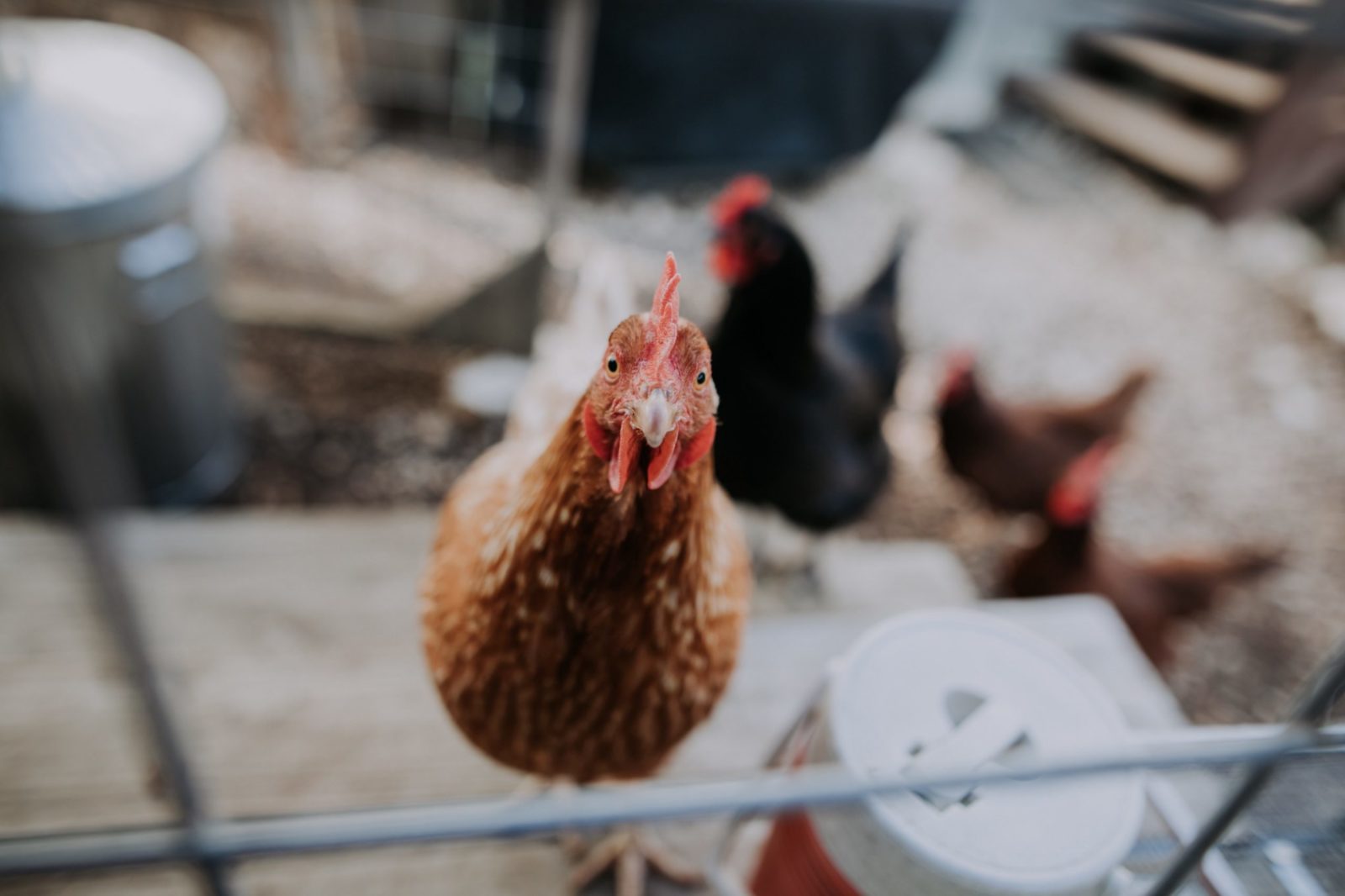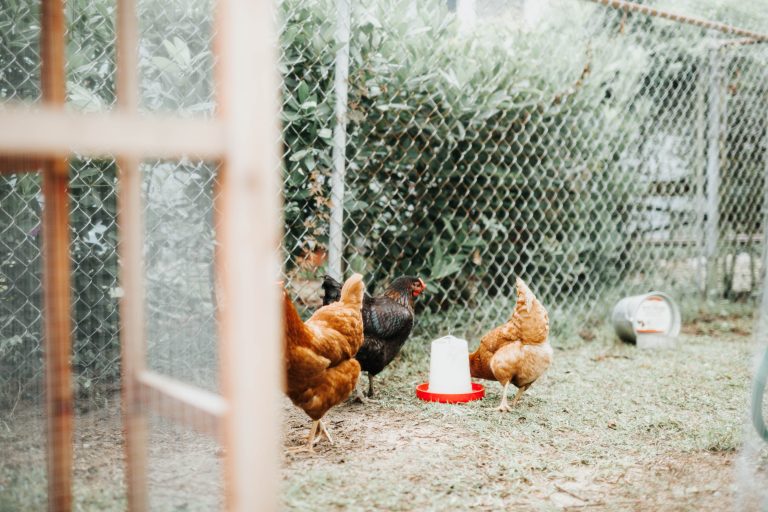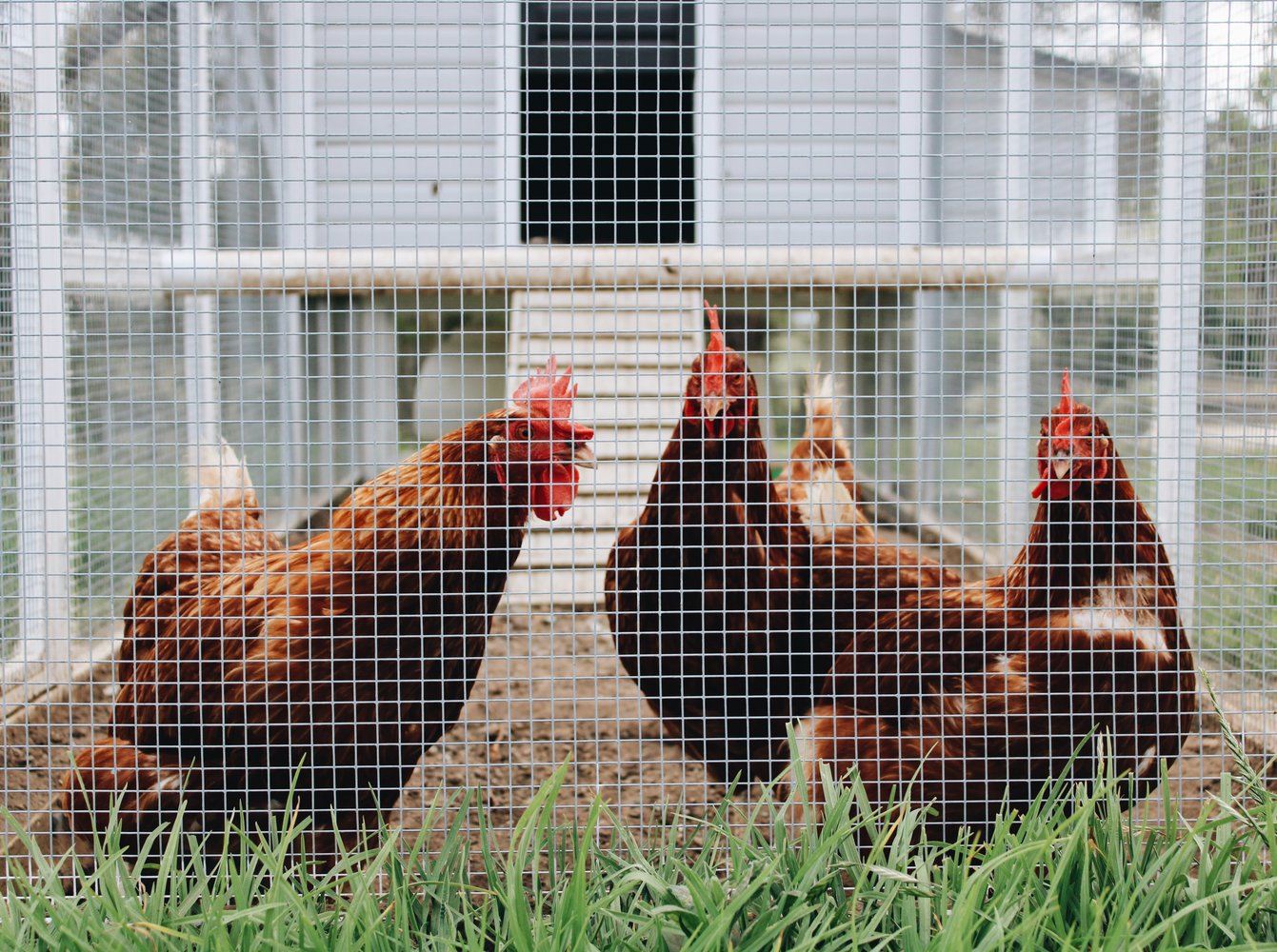What came first, the chicken as food or pet? Perhaps not the usual question, but a pertinent one nonetheless. For those prioritising the latter, there are several elements essential to the safe keeping of chickens as pets, including providing high-quality food, safety, and even entertainment. With that in mind, here are 5 IDEAL tips on keeping chickens as pets.
INTELLIGENT PETS
A common misconception exists that chickens are, well, a little stupid. This couldn’t be further from the truth. From jokes about enticing them to the other side of the road, to insults about their cowardice, it could be said that chickens get a tough ride in popular culture.
However, studies have shown that chickens are anything but dumb. These birds can perceive and appreciate the world around them in far more detail than we might imagine. Furthermore, they’re able to use perception of the world around them in order to gain personal advantage, which denotes a complex type of thinking. One such example is their ability to hide their eggs after laying them (and refusing to lay them in the designated nest boxes) to prevent humans from taking them. This demonstrates a sense of foresight not seen in all farm animals.
GOOD HOUSEKEEPING
Chickens require a decent amount of outdoor space in order to thrive. The coop, for example, should have at least 4 sq. ft. for each chicken that it accommodates, as well as water and food containers (which should have secured feed access in order to keep out rats) and a nice roosting space.
Ventilation is also crucial for their health, so they should have access to an outdoor area of at least 10 sq. ft. per chicken. Of course, chickens have predators, so it’s important for this outdoor space to be safe so that they can enjoy the sunshine and fresh air without falling prey to other animals. At night, the door to their coop should ideally be attached to a light sensor, in order to prevent foxes from entering the chicken’s domestic space.
CLEANLINESS
The coop needs to be kept clean to avoid the spread of disease within the flock, so debris, manure and feathers should be removed daily. The ammonia that builds up from droppings is a particular risk if the coop isn’t cleaned regularly and decent ventilation isn’t provided.
In terms of temperature, the chicken’s home should be kept at a constant level, no matter the weather or other elements that might lead to abrupt changes. Fortunately, due to being flock birds, the chickens are able to generate a good deal of heat through roosting, even in winter. Overheating is in fact more of a risk, so heaters are generally not necessary.
NUTRITION MATTERS
Just like any other animal out there, chickens need to have fresh water and food every day. The food part is easier, given that these birds are known for eating pretty much anything.
If you’re looking to obtain some high-quality eggs from your chickens, then they should eat insects, berries, seeds, and any other vegetation that they can find foraging. Including grit in their diet is also a wise move, as when in the gizzard, it helps break down the food in their diet and makes the shells of their eggs sturdier, too.
SOCIAL ANIMALS
Chickens love company. After all, they are flock animals, so having one hen around is not the best idea for the bird’s comfort and mental well-being. What’s more, they love to play, particularly with toys made of food. A cabbage hanging on a string in the coop can provide entertainment and activity, as the chickens are motivated by food primarily. The entertainment is a welcome byproduct. A squash they can nudge around serves a similar purpose.
Whilst we’re on the subject of more unusual pets, check out our 5 IDEAL home pets for people with allergies over here.








